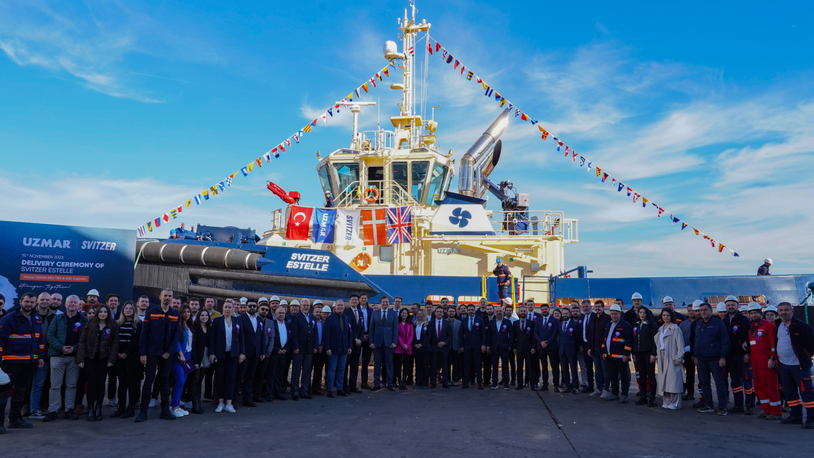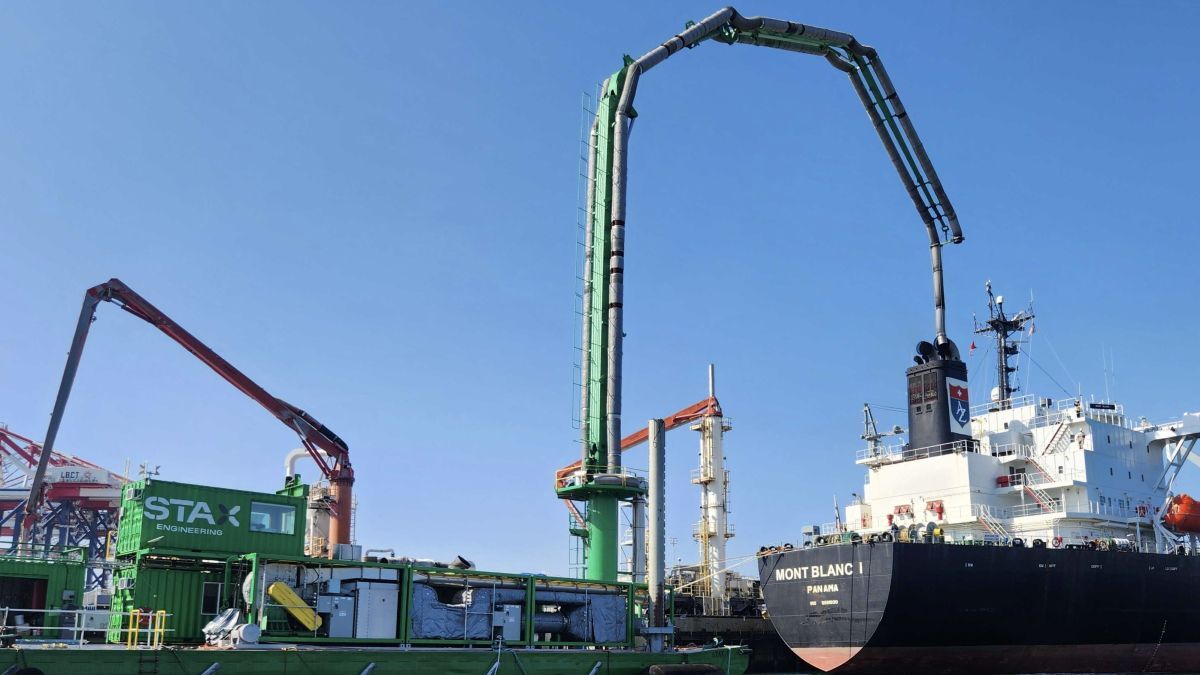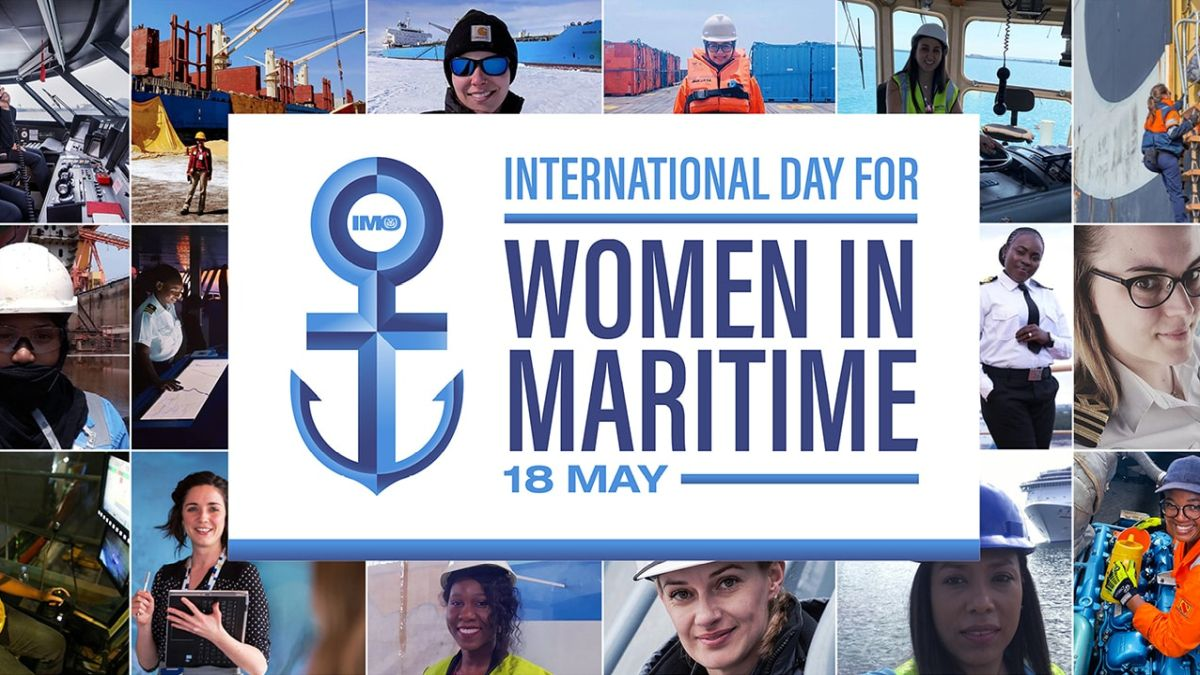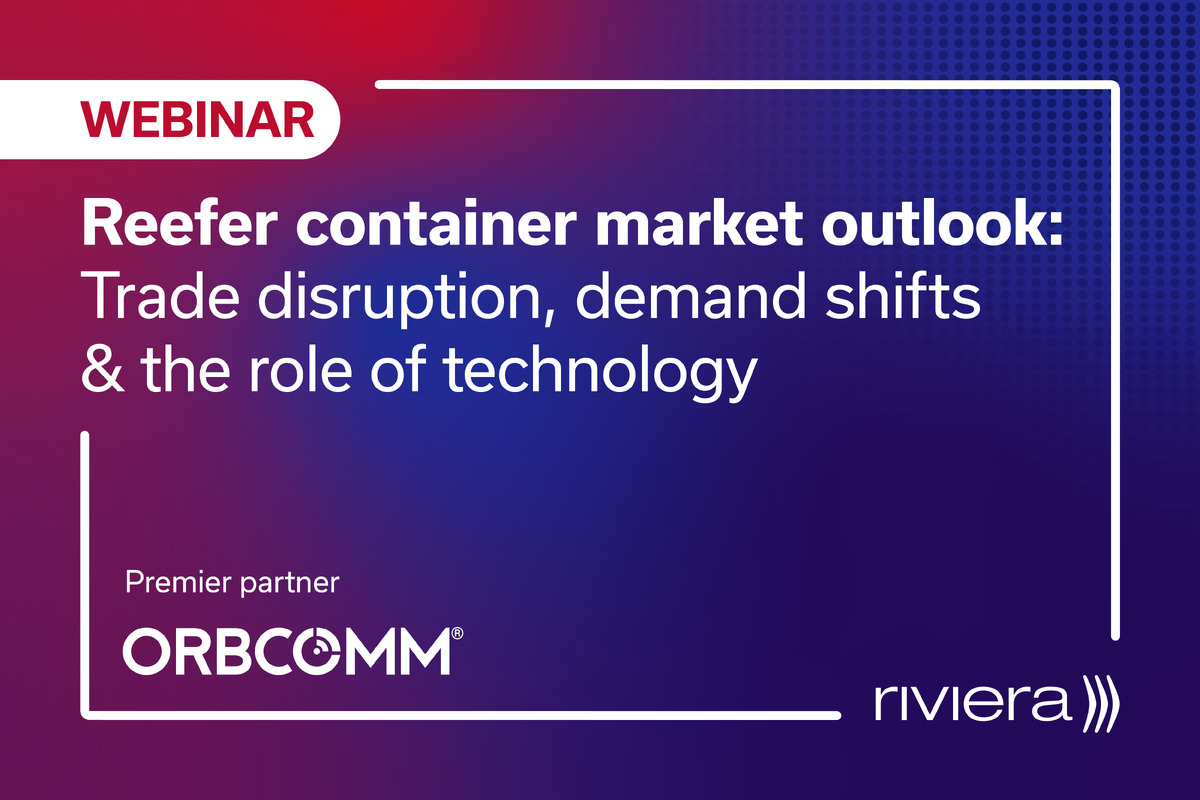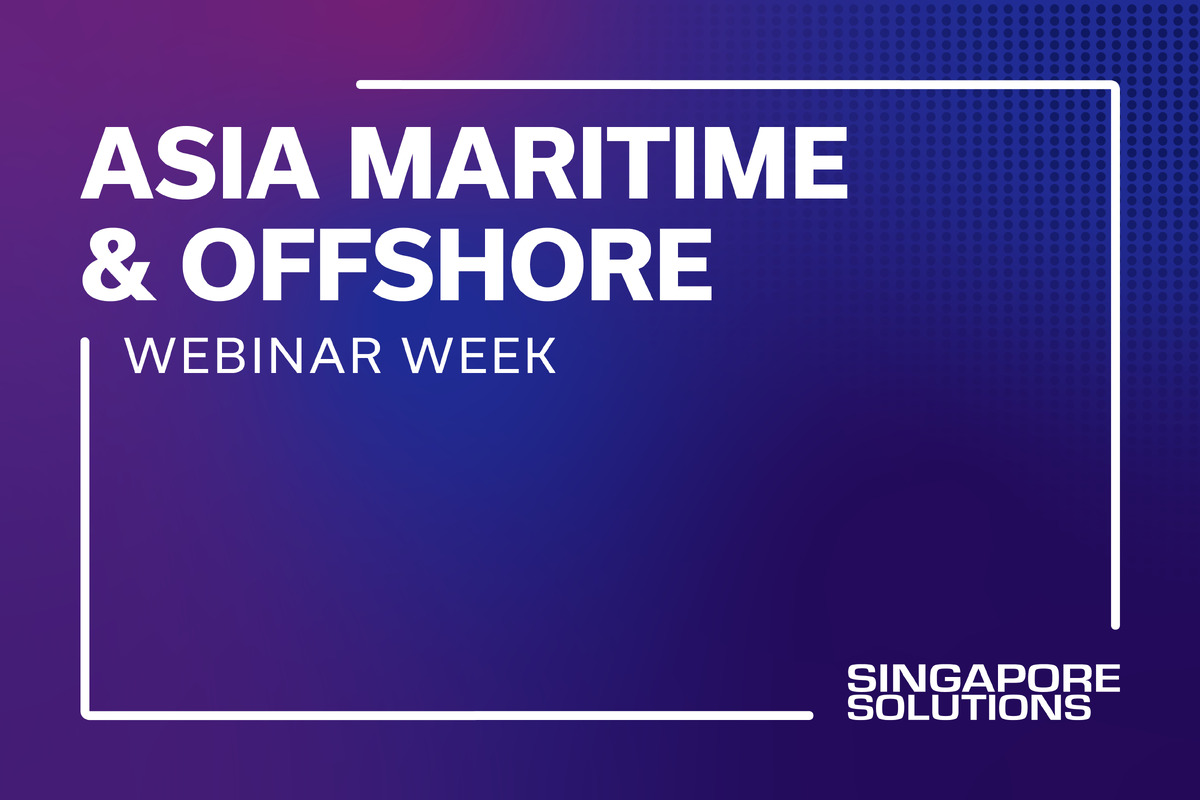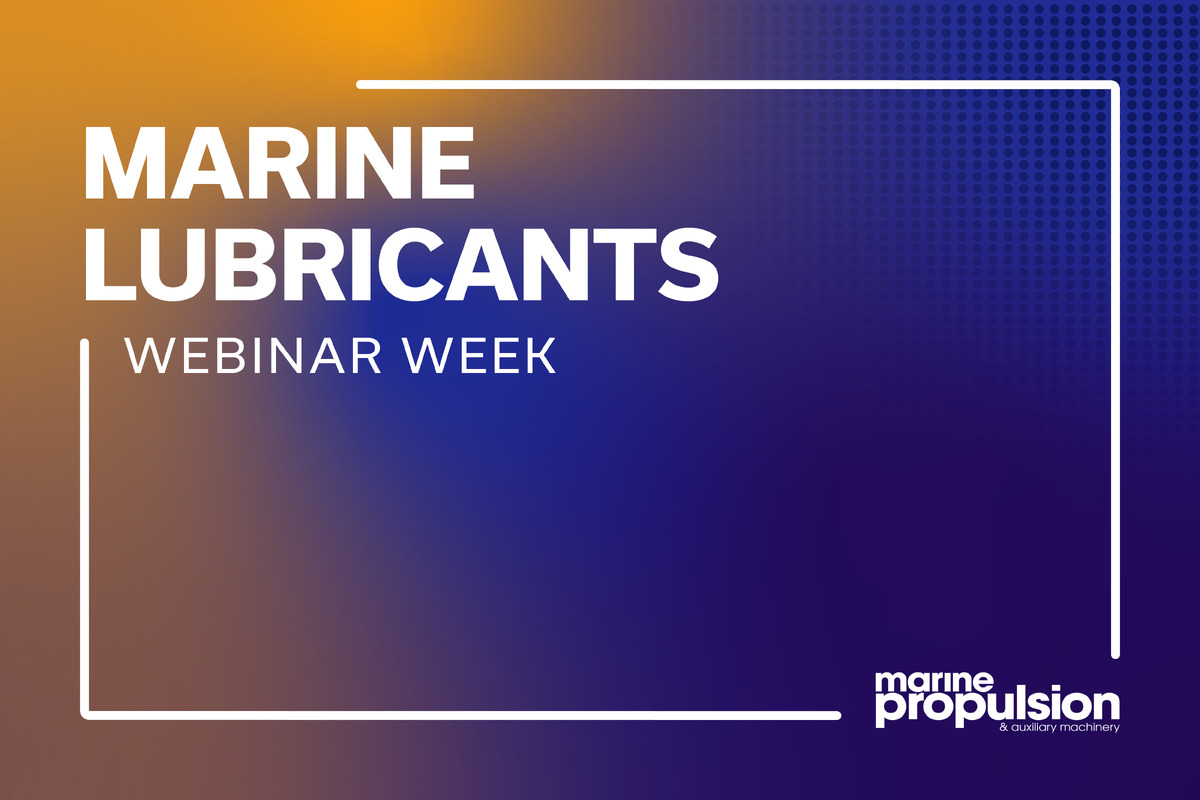Business Sectors
Events
Contents
Register to read more articles.
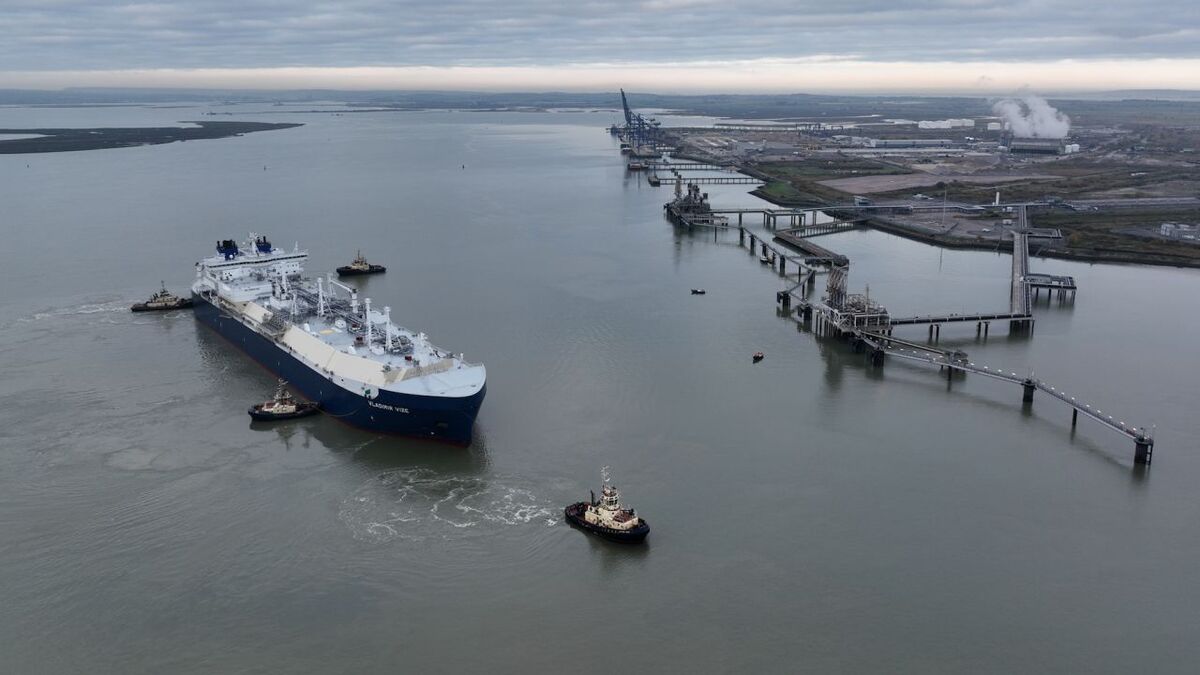
Svitzer bets on biofuel for UK port towage
Svitzer is converting its fleet of harbour tugs in London and Medway ports to operate on biofuels as part of its drive to become carbon neutral
This AP Moller-Maersk subsidiary will use fuel derived from waste cooking oil on 10 tugs supporting ships berthing and undocking at terminals in London and north Kent.
This follows successful tests using these fuels on a harbour tug in the area this year and support from clients and terminal operators to reduce the environmental footprint of vessels.
From 15 November, five of Svitzer’s harbour tugs serving the Isle of Grain LNG terminal in the Medway have been powered by biofuel. From January 2022, all 10 of the tugs will be converted to run on carbon-neutral hydrotreated vegetable oil (HVO) biofuel which will replace marine fuel oil on these tugs.
By using HVO on its tugs, Svitzer will offer Ecotow to its customers in London for vessels requiring towage services on the River Thames and Medway. It is also offering Ecotow to global customers, giving them the opportunity to inset fossil-fuelled towage elsewhere in their value chain.
“This is an exciting and big step towards the decarbonisation of towage,” said Svitzer Europe managing director Lise Demant.
“Ecotow enables us to offer our customers an opportunity to reduce their Scope 3 emissions and their environmental footprint,” she continued. “Either by procuring towage services delivered by tugs fuelled with biofuel, or by ‘insetting’ carbon emissions from tug jobs elsewhere against savings generated in London and Medway.”
This move was welcomed by Grain LNG commercial director Nicola Duffin. “We are delighted that the Svitzer fleet servicing the terminal will be running on biofuel,” she said. “Grain LNG is proud to be working with a partner committed to making the necessary investments to reduce emissions. This is an important step towards achieving carbon neutrality in the sector.”
Svitzer said Ecotow could unlock a 90% CO2 reduction in Scope 3 emissions from its towage operations.
The decision to scale up biofuel use across the London fleet follows the successful completion of the trial on board 2005-built Svitzer Intrepid.
Svitzer considers HVO a crucial first step in the roadmap towards a carbon-neutral towage sector which is increasingly being driven by customer demands to reduce the environmental footprint of shipping in ports.
Svitzer does not intent to stop with the London fleet conversion and plans to expand the Ecotow offering to more of Svitzer’s global operations.
Head of Ecotow Sven Lumber said this drive to carbon neutrality needs support from shipping companies and ports. “It is only sensible that we look to scale up the use of biofuel at the right time, in line with helping our customers to navigate their decarbonisation trajectories,” he said.
“The transition to wider adoption of alternative fuels in towage will ultimately happen faster if customers are accepting of the technology and understand the cost/benefit balance, so we remain committed to testing solutions that will work for them.”
The Ecotow product exclusively uses sustainable second-generation biofuels. These fuels are produced using waste material such as used cooking oil as feedstocks and are certified by International Ship Security Certificate or the Roundtable on Sustainable Biomaterials.
Svitzer said, relative to marine diesel, these biofuels reduce carbon emissions by 100% on a tank-to-wake basis and about 90% on a well-to-wake basis.
It is not the first tug operator to use biofuels on the River Thames to minimise its carbon footprint.
Cory has already switched its fleet of tugs to run on HVO biofuel, following successful trials that resulted in a reduction of net CO2 emissions by 90%.
It runs five tugs on biofuels to transport non-recyclable waste on barges via riverside transfer stations in Wandsworth, Battersea, the City of London and Tower Hamlets.
Related to this Story
Events
TUGTECHNOLOGY '25
Reefer container market outlook: Trade disruption, demand shifts & the role of technology
Asia Maritime & Offshore Webinar Week 2025
Marine Lubricants Webinar Week 2025
© 2024 Riviera Maritime Media Ltd.


